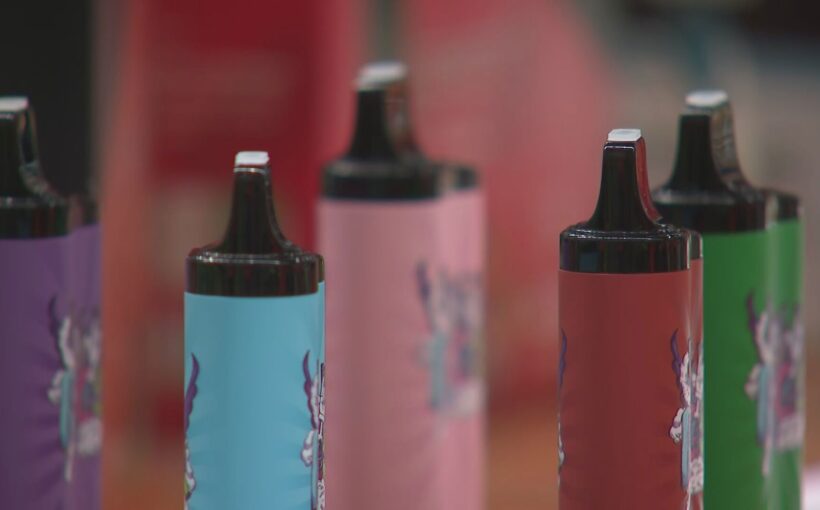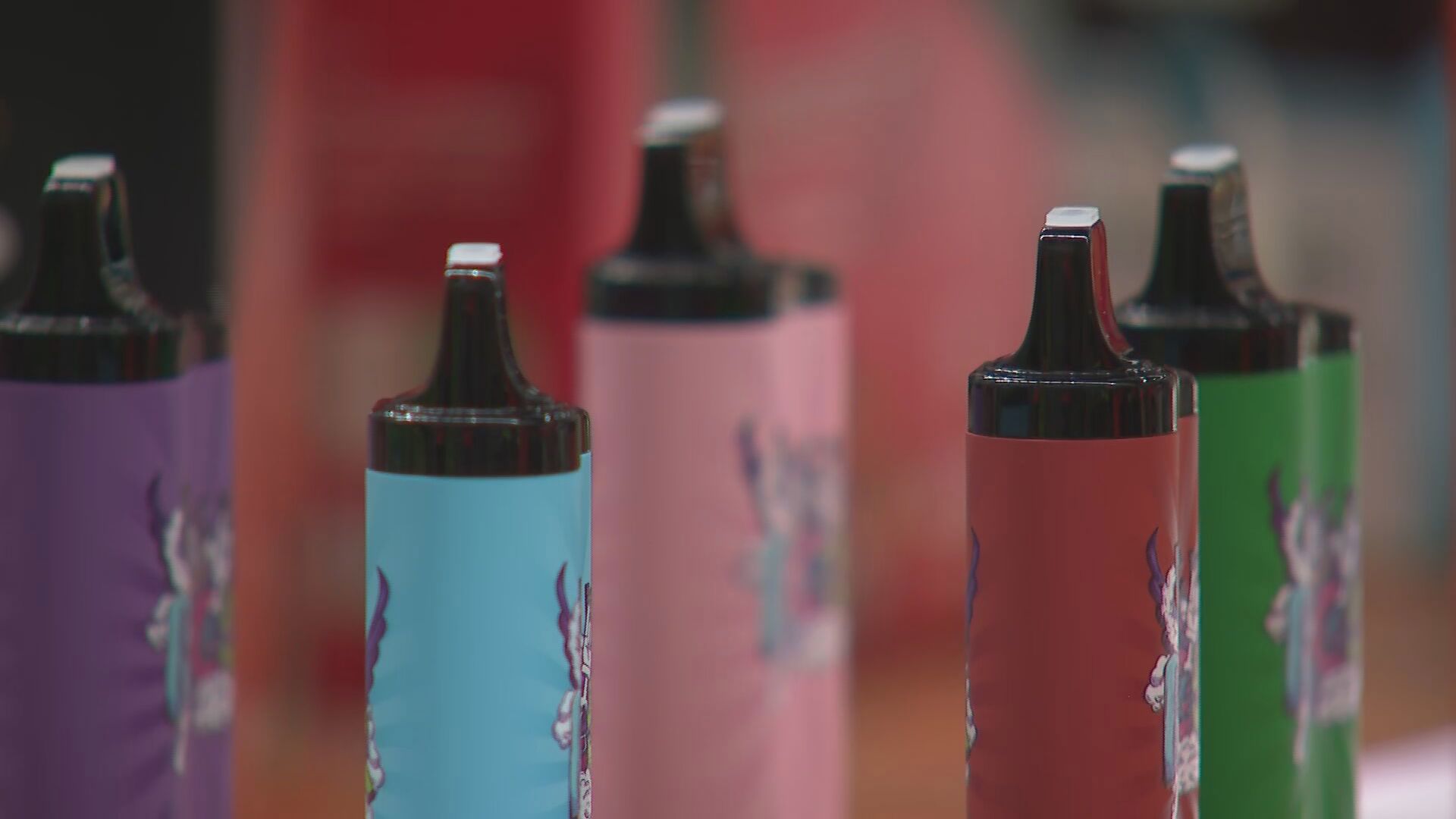Australia's vaping ban reforms will begin in the new year, with millions in additional funding announced to help battle illegal importation and nicotine addiction.
The importation of disposable vapes will be illegal from January 1, 2024, as the first stage of the federal vaping reforms comes into effect.
The Australian Border Force will be granted an additional $25 million to help enforce the bans at our country's borders, while the Therapeutic Goods Administration will receive $59.6 million over the next two years.
READ MORE: Wolf spider lays eggs in man's toe while on cruise
Further restrictions will come into place from March 1, including stopping the personal importation of vapes, banning all non-therapeutic vapes, and tougher compliance laws for manufacturers and importers of prescription vapes.
An additional $29.5 million was allocated in the 2023-24 federal budget to help Australians quit vaping.
"Vaping is creating a whole new generation of nicotine dependency in our community," Health and Aged Care Minister Mark Butler said in a statement.
"Vaping was sold to governments and communities around the world as a therapeutic product to help long-term smokers quit.
"It was not sold as a recreational product – especially not one targeted to our kids but that is what it has become.
"We're taking tough action because this is a major public health issue.
"Vaping is a gateway to smoking and smoking remains the leading preventable cause of death and disease in Australia."
READ MORE: Queensland Health issues urgent patient safety alert over national bacteria outbreak
More legislation will be introduced in 2024 to prevent the manufacture, advertisement, supply and commercial possession of single-use vapes in Australia, while product standards for therapeutic vapes will be strengthened.
The changes will include limiting the available flavours of prescription vapes, reducing nicotine concentrations and implementing pharmaceutical packaging.
One in seven 14 to 17-year-olds use disposable vapes, while one in five 18 to 24-year-olds, according to data from the Department of Health.





